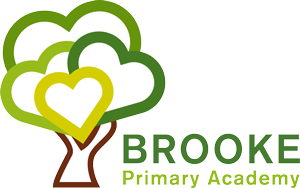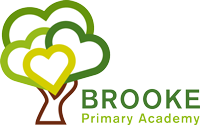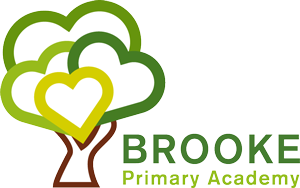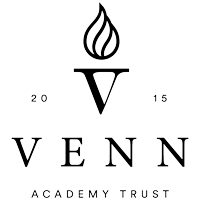
A Venn Academy Trust School
– Together we will…
Venn is a pioneering academy trust, committed to building educational environments where all pupils are inspired to become lifelong learners who achieve the very highest standards possible.
Collaborating with all partners, the Trust works with its unique settings to create world class learning experiences for all.

326 Club & Holiday Club
– Brooke Primary Academy After School Provision & Holiday Club
326 Club
The club runs Monday – Friday and the sessions on offer are :
3.00pm – 4.30pm at a cost of £4.50
or
3.00pm -6.00pm at a cost of £9.00 including a hot meal.
The club is open to all of our children from Foundation Stage 1 to Year 6.
The children will have the opportunity to participate in an array of activities and socialise with their friends in a safe and happy environment.
If you are interested in your child attending please use the links below to download the paperwork required.
Holiday Club
To help support our families and local community, we also offer creative, exciting and active sessions to help keep your child happy and busy over school holidays*.
We welcome children from all schools to these fun sessions.
The sessions available are:
8am – 1pm £12.50 (includes light snacks)
1pm – 6pm – £12.50 (includes light snacks)
8am – 6pm – £25.00 (includes tea & light snacks)
Please contact the school office for further information or to book our holiday club.
*Please note, holiday club sessions run subject to sufficient bookings being made.
Further information

Anti-Bullying: Pupils respect each other, believe in the school’s values, and feel confident that any issues, including bullying, would be resolved quickly by adults.

Overall Effectiveness: The school is rated “Good” in all categories, including quality of education, behaviour and attitudes, personal development, leadership and management, and early years provision.

Safeguarding: The school has effective safeguarding arrangements, creating an open and positive culture that prioritises pupils’ interests.

Promotion of Values: Pupils learn about diversity and British values through various activities and demonstrate positive attitudes and respect for others. The school also encourages community involvement, such as the choir singing in residential homes and helping at the local food bank.

Positive Behaviour: Changes in how behaviour is managed have helped pupils reflect on their feelings and make better choices. This has resulted in positive behaviour during lessons and playtimes.

Curriculum and Learning: The curriculum is well-considered, building on previous learning to deepen understanding. While assessment systems need improvement, the school’s overall approach helps in identifying and supporting pupils’ needs.

Support for SEND: The school effectively identifies and supports pupils with special educational needs and/or disabilities (SEND), involving parents in the assessment process and adapting lessons to help these pupils build new knowledge.

School Environment: The academy is described as a warm and welcoming place where pupils feel safe and happy. Respectful and positive relationships are central to the school’s environment.

Early Years Provision: The early years setting promotes positive relationships and collaboration among children. Adults model effective communication and use assessment well to engage children in their learning.

Extracurricular Activities: There is a wide range of clubs available, such as football, rugby, forest school, and choir, which help develop pupils’ talents and interests.

Governance and Leadership: Trustees and governors are skilled and committed, regularly visiting the school and maintaining an accurate picture of its operations to ensure continued improvement.

High Expectations and Progress: The school sets high expectations for all pupils, which are being met. Parents appreciate the support and information provided by the staff and are pleased with the progress their children make.

Reading and Phonics: The school is committed to ensuring all pupils learn to read. Effective training and support for teachers, along with appropriate reading materials and catch-up sessions, help pupils read accurately and confidently.


